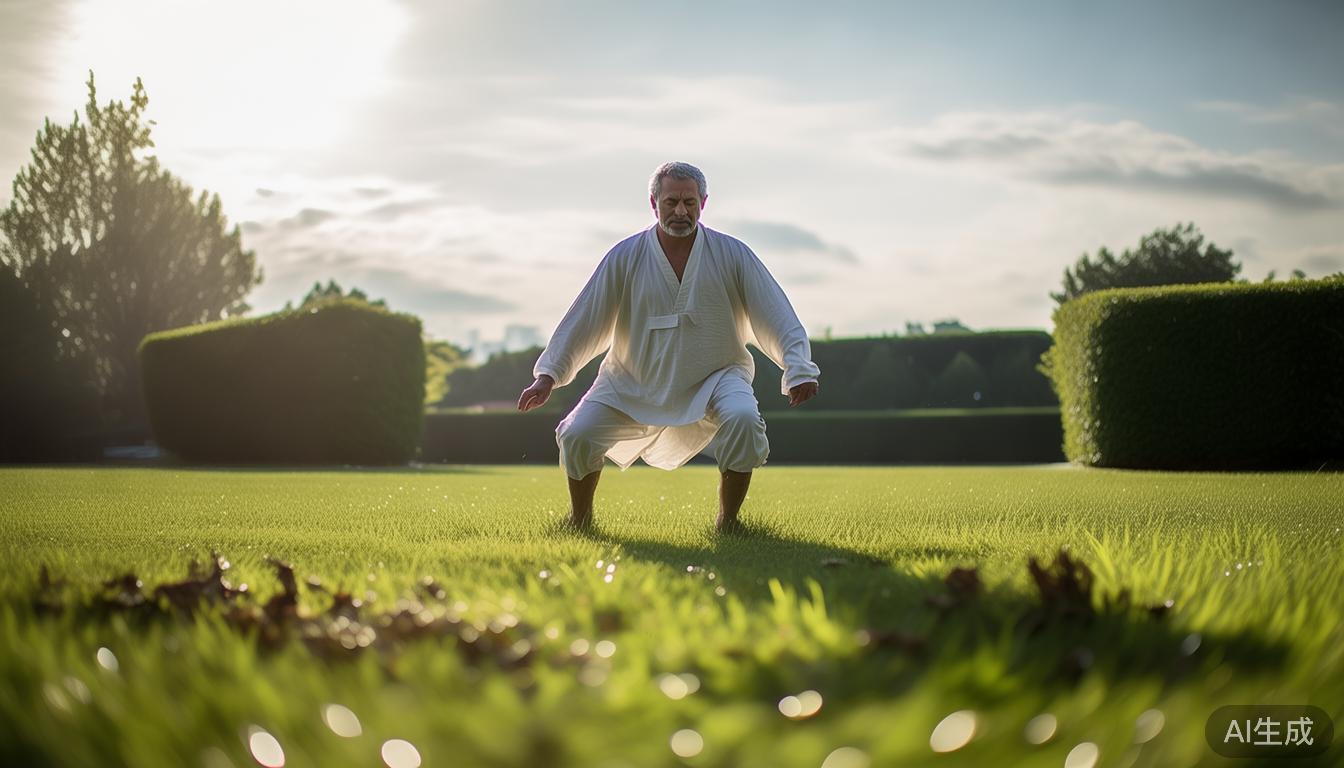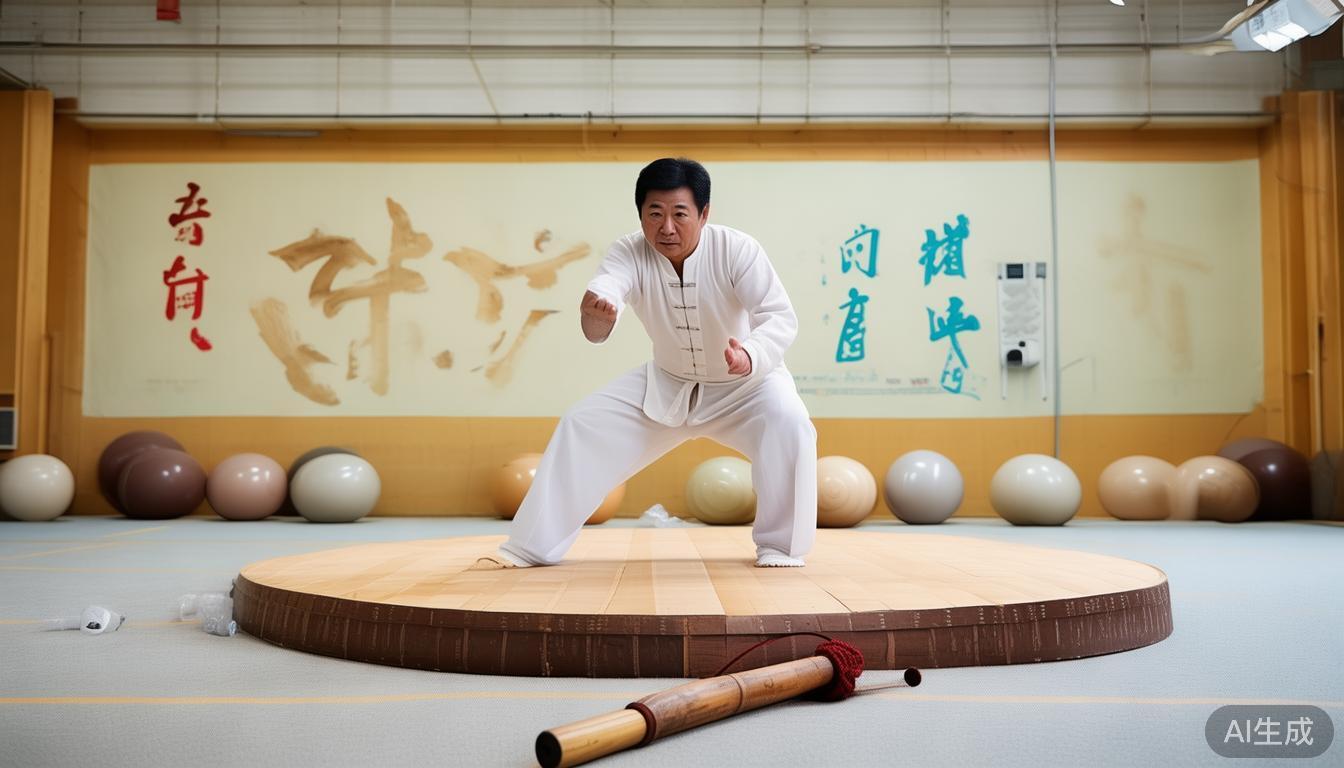I have spent many years practicing Tai Chi. As I continue to practice Tai Chi, I clearly and deeply feel the all-round improvement effect of this ancient sport on physical and mental health. This improvement is not just one aspect, but involves the entire body. It is not just a simple practice process with graceful postures and graceful movements. In fact, it is a unique content category that contains the meaning of regulating physical and mental balance and has its own complete structure system. The beneficial existence of this special sport can improve the inherent functions of the body from one aspect, and from the mental level, it can adjust people's psychological state. As I continue to practice for a long time, the various benefits that Tai Chi can bring to me will gradually become more obvious and clear as time goes by.
How Tai Chi improves balance
The body's center of gravity must always be kept stable by the practitioner under the slow and smooth movements of Tai Chi. Every turn and move requires the body's center of gravity to be accurately controlled. This continuous fine-tuning training can significantly enhance leg muscle strength and joint flexibility. After several months of regular practice, many middle-aged and elderly practitioners find that going up and down stairs becomes easier, and the risk of accidental falls can also be significantly reduced.
During the transition period of movements, the core muscles must continuously exert force to maintain a stable state of the body. Such low-intensity but long-lasting muscle contraction can effectively exercise the deep stabilizing muscles, thereby enhancing the control ability of the trunk. People who practice for a long time are often able to form a good body posture, thereby reducing the burden on the lumbar spine and knees.

Why Tai Chi relieves stress
Tai Chi focuses on the coordination of breathing and movement. This special focus can help practitioners temporarily abandon distracting thoughts and enter a state like meditation. That kind of deep, slow abdominal breathing activates the parasympathetic nervous system, lowers cortisol levels, and promotes tense nerves to gradually relax.
In today's fast-paced life, allocating time every day to practice Tai Chi is like giving a soothing massage to the soul. When you fully focus on the flow of its movements, the worries contained in work and life will be temporarily removed Tai Chi Classes Online , which leads to a sense of refreshing in the spirit. Many people who engage in practice claim that they feel very clear-headed after a punch, and they become more calm when dealing with problems.
The auxiliary therapeutic effect of Tai Chi on chronic diseases

Studies have shown that Tai Chi Lessons and Tai Chi can help patients with hypertension, reducing systolic blood pressure and diastolic blood pressure. It has mild aerobic properties and is suitable for patients recovering from heart disease. It can improve cardiovascular function without the risk of excessive burden. For people with type 2 diabetes, regular exercise can help improve insulin sensitivity.
People suffering from arthritis can use gentle circular movements to increase the range of motion of their joints while avoiding severe impacts. The relaxation principle emphasized in Tai Chi is particularly suitable for people suffering from pain caused by chronic diseases to relieve muscle tension and alleviate the symptoms of various diseases. These various benefits make Tai Chi an excellent form of exercise to assist in the diagnosis and treatment of various non-acute diseases.
After reading the text narrated here, have you now started to consider incorporating Tai Chi into your daily exercise plan at work? Welcome to the comment area to share some of your views on Tai Chi or your practice experience. If you feel that the text narrated in this narration is helpful, please do not be stingy and hesitate to give likes and forward actions.



